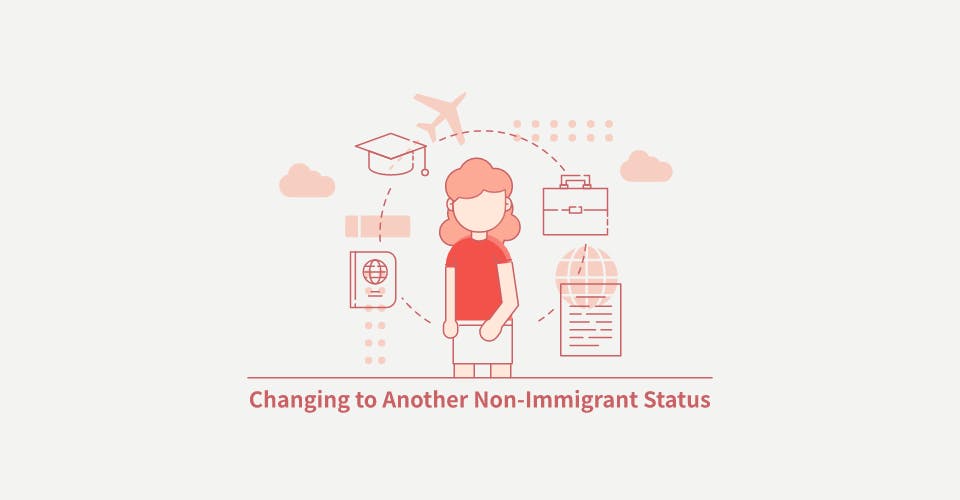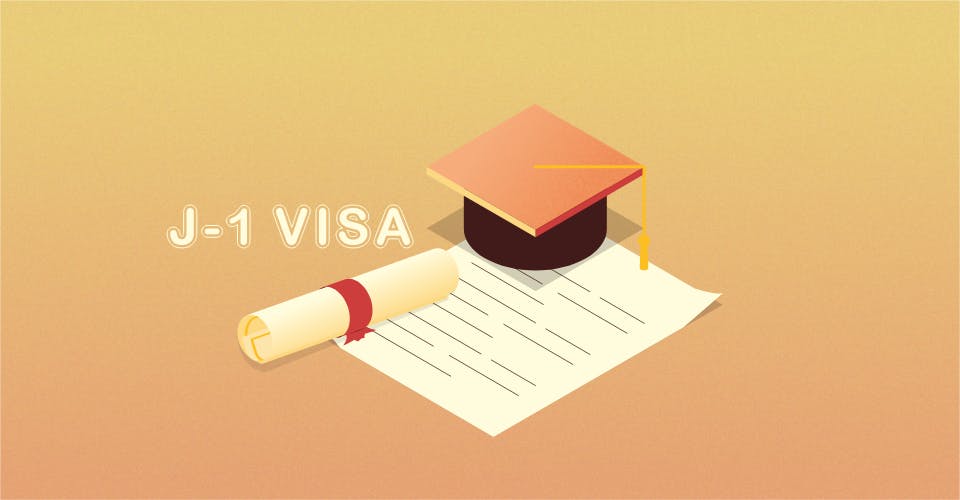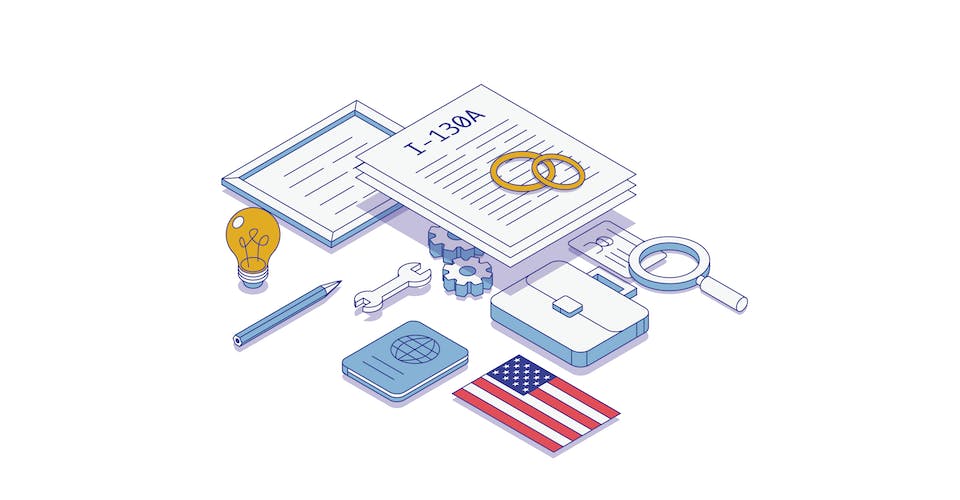Having your visa application denied for travel to the United States can be a difficult thing to process. Having gone through all of the paperwork and having paid the associated fees, applicants who have rejected applications (either in the case of family-based visa applications or employment-based visas to travel to the United States) have many questions about how they can ameliorate their situation. This post is dedicated to some of the most common questions the State Department deals with when handling rejected visa applications.
Can you get your money back?
Unfortunately, during the time of filing all of your consular documents (such as the DS-260 and DS-261) applicants are alerted no matter how fine the print that all of the payments they make on the CEAC—Consular Electronic Application Center are non-refundable. Therefore if an application is rejected for a family-based visa to travel to the United States, there is no refund for the application that has already been sent.
What is the Doctrine of Non-Reviewability?
One thing to note for consular processing applicants is that it is very difficult to appeal final decisions made by the State Department. This is because of the doctrine of consular non-reviewability. Consular non-reviewability is a doctrine that renders unappealable in the US judicial system decisions made by US Embassy Consular Officers, regarding immigrant and non-immigrant visa applications.
The doctrine does not apply to adjudications by the USCIS on immigrant petitions (which is why there are so many in regards to rejected I-130s) nor decisions made by CBP officers regarding whether a foreign national should be allowed to enter the United States.
What does a rejection under INA Section 221(g) refer to?
If you are notified that your consular processing application has been rejected due to INA Section 221(g), this section of immigration law refers to denial because the consular office did not have all of the information required to determine if you are eligible to receive a visa. While you won’t be able to dispute if this is the case or not, applicants who receive this notice can quickly assemble the documents needed for their application ASAP.
The consular office will look at the additional materials you have provided and then process your application to an appropriate conclusion. In other words, if you receive this notice do not panic and think you are rejected outright. You still have time to submit other documents.
What does a rejection under INA Section 214(b) refer to?
In this situation, a consular processing application has been denied for one of two reasons:
1. The applicant failed to demonstrate to the consular officer they qualify for the nonimmigrant visa category they applied for.
2. The applicant did not overcome the presumption of immigrant intent. It should be noted that non-immigrant visas are not the same as EB immigrant visas. In the former, you are required by law to show that you have strong ties to your home country and plan on returning at the end of your temporary stay.
Where can I find information if I qualify for a waiver of ineligibility?
Applicants should re-locate to the State Department website, to the visa section. The following link also gives information on different sections of the INA stating when an applicant might be eligible for such waivers: https://travel.state.gov/content/travel/en/us-visas/visa-information-resources/waivers.html#waivers














